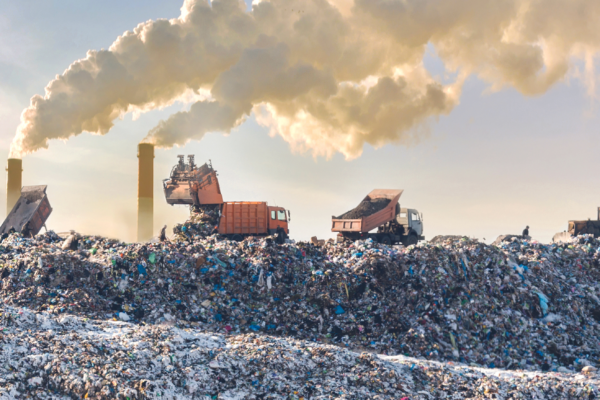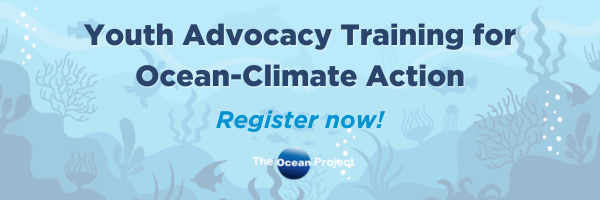Already on the move: Crabs, Turtles, and Sharks, Oh my!
As we discussed in last week’s round-up, climate change will continue to impact human life, but what about the ocean animals? Thanks to climate change, a great migration towards the poles is in effect for more than 80 percent of the world’s marine life.
Climate Change Conversation: knowing what to say
Decoding “sustainable development”
What does George Clooney have to do with the holy grail of the development world? The focus of this article is making sense of sustainable development.
Preparing for climate conversations in difficult places:
For those ZAMs and strategic communicators located where climate change conversation is difficult to get off the ground, here are some tips on how to launch climate outreach projects in such places.
Eco-Makeover: Home Edition
Grassy lawns are SO out:
The era of the lawn in the west may very well over. The EPA claims that maintaining a grassy lawn sucks up more than 15 percent of Americans’ overall water usage. With southwestern U.S. cities facing such severe drought, some cities are incentivizing American households for grass removal and encouraging people plant native drought-resistant plants instead. ZAMs can suggest this water-saving action and other water wise tips to visitors.
Solar is SO in:
Suburban sprawl, solar energy, and electric cars a winning combination? A new study is showing that found that detached suburban houses typical of an auto-age city are capable of producing ten times more solar power than is possible from skyscrapers or other commercial buildings. This could be a win-win situation for suburban and city-dwellers in some areas of the world in meeting energy needs. Hey, the White House is doing it!



